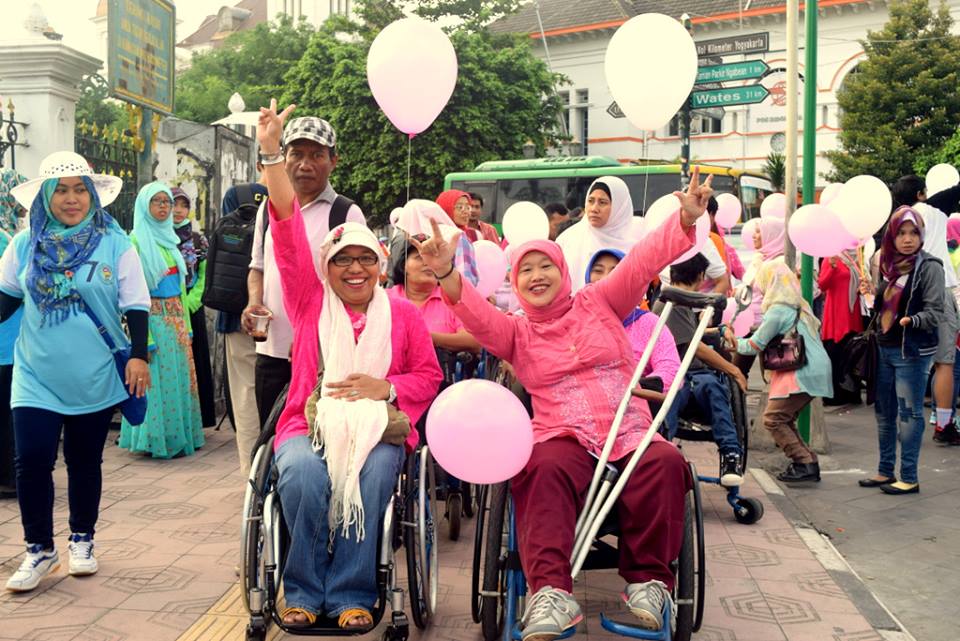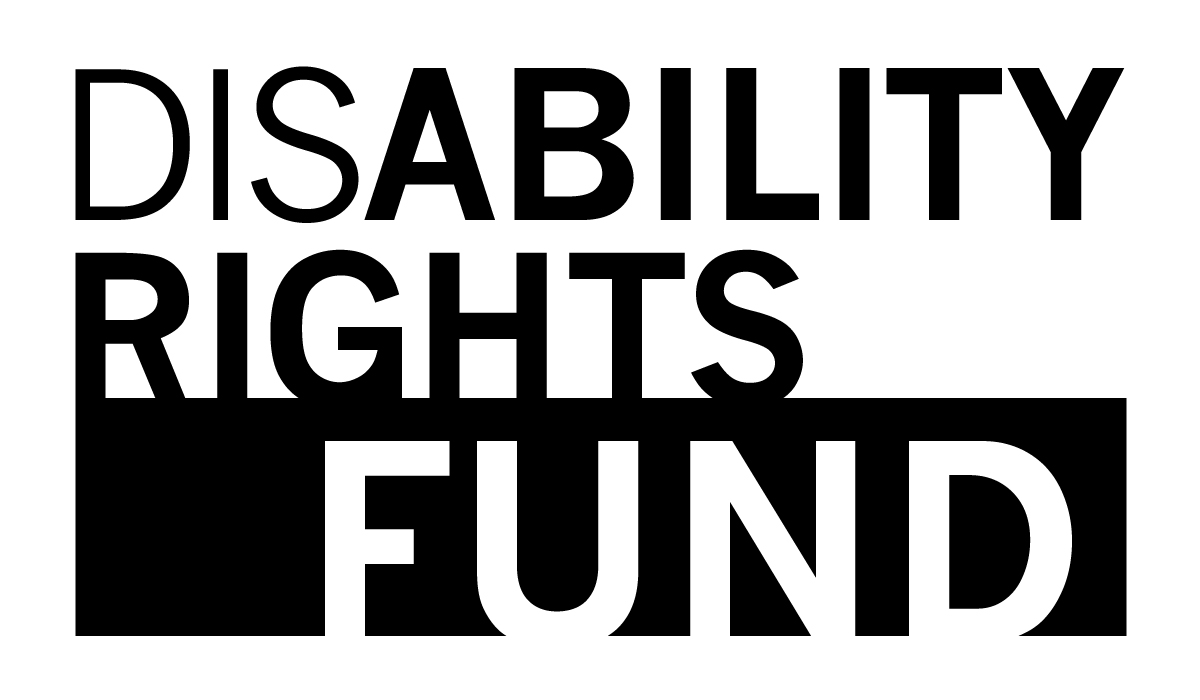This interview with Indonesian activist and founder of OHANA, by the Sillerman Center for the Advancement of Philanthropy presents a story of innovative, effective social justice philanthropy in action.

An Indonesian activist named Risnawati (Risna) Utami, founded OHANA in 2009 with some colleagues who, like her were alumnae of the Ford Foundation International Fellowship. Until she was 10 years old, Utami had gotten around using crutches for short distances and a wheelchair for long distances. The organization she helped found is dedicated to strengthening the rights of people with disabilities enhancing their political power and assuring access to educational opportunities.
“People with disabilities have been stigmatized and discriminated against, we still have to struggle to be more equal with others in Indonesia,” Utami explains. While seeking to unite all people with disabilities into a rights movement, OHANA places particular emphasis on empowering women and girls.
In Utami’s words, OHANA “works in several layers” and sees itself as a “bridge between local, national and global efforts.” Major activities include drafting legal regulations for provinces and for the national government, conducting policy advocacy related to disability rights, and offering workshops and trainings to develop knowledge and skills that benefit a rights movement of like-minded organizations across Indonesia. Currently OHANA is trying to push passage of a disability rights bill in Indonesia and to implement, within Indonesian provinces, the principles and tenets set forth by the United Nations Convention on the Rights of Persons with Disabilities. Despite the fact that the Indonesian House of Representatives ratified the CRPD in 2011, Utami explains that implementation at the local level has been a challenge.
Part of that challenge, she says, is because the Indonesian government was initially reluctant to change its approach from viewing people with disabilities as charity cases to people that deserve expanded rights and power.
“We are demanding a lot in many areas of development and at the policy level,” Utami says, adding, “We’ve never been active before in how to influence policy makers.”
With training and education, the government has become more aware and open to this new paradigm, and OHANA now works closely with government officials not only to create regulations but also programs and policies aligned with CRPD principles and Sustainable Development Goals (SDGs) that demonstrate “Leave No One Behind.”
As a result of OHANA’s advocacy, Utami sits on the Yogyakarta city planning council, where she aspires to increase the amount of accessible public space by 10% every year for the next 10 years as is required by a local regulation on the protection and fulfillment of the rights of persons with disabilities of Yogyakarta Province. OHANA is also helping to develop a network of organizations throughout Indonesian provinces working to connect local and regional efforts to the national regulations and program policies related to “disability inclusive development” in the SDGs being formalized by the government.
Utami expects OHANA to “be around for a long time until individuals with disabilities enjoy full equality in this country.” Lately, she has been planning for the future— both her own and that of the organization she has devoted so much of her energy to shaping. OHANA participates in the annual grantee meetings convened by DRF to discuss progress and share strategies. There, she is able to meet and network with other potential funders who may be able to fill the gap created when DRF funding is eventually phased out.
Utami’s work is also moving into the international arena. She chairs the Indonesian National Consortium for Disability Rights (INCDR). The Indonesian government recently nominated her to a three-year term as a CRPD Committee member at the United Nations.
Meanwhile, Utami, who is 44, thinks ahead: “I am trying to share the leadership with the younger generation, so once I get older then there are perfect successors to continue leading our disability rights movement in Indonesia.
Johanna Wald is a writer and researcher based in Boston. She also is Director of Strategic Planning at the Charles Hamilton Houston Institute for Race and Justice at Harvard Law School.
The Sillerman Center for the Advancement of Philanthropy, based at Brandeis University, informs and advances social justice philanthropy in the United States. They engage the philanthropic community through convenings and presentations, publications, educational courses, fellowships and scholarships, competitive grant contests and through collaborative partnerships with grantmakers and social justice organizations.
Read the accompanying Social Justice Funders Spotlight on the Disability Rights Fund and learn more about OHANA’s work in Indonesia
